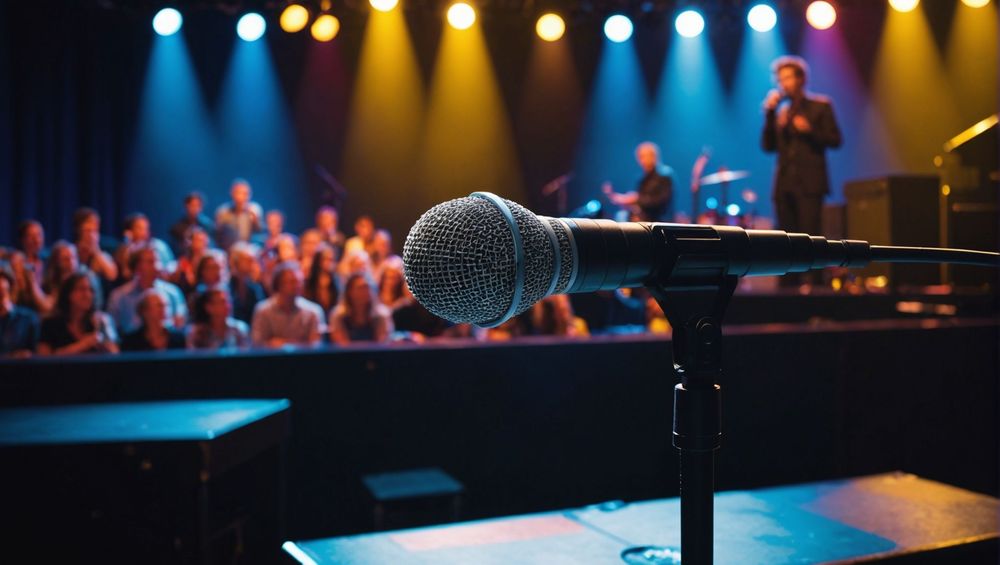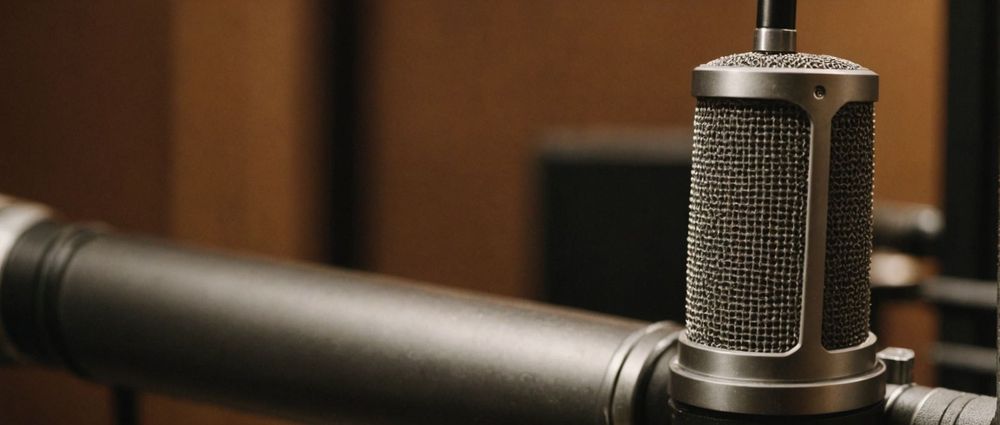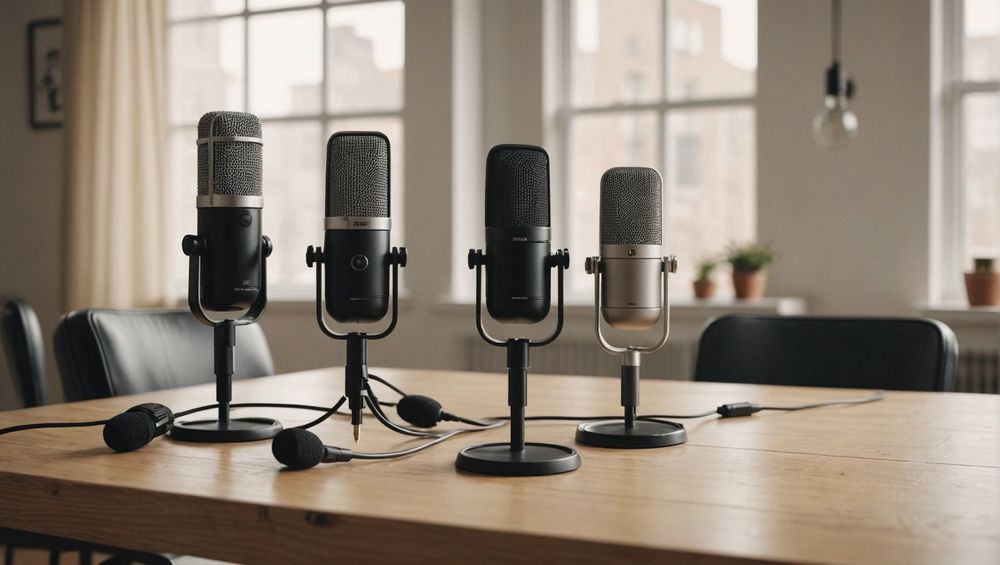The lifespan of a microphone can vary greatly depending on its type, usage, and maintenance. Generally, you can expect a well-cared-for microphone to last anywhere from 5 to 15 years. However, some professional-grade microphones may last even longer with proper use. Factors like environmental conditions and frequency of use play crucial roles in determining their longevity. In this article, we will delve into different types of microphones, their expected lifespan, and how you can extend the life of your audio equipment.
Types of Microphones and Their Lifespan

Microphones come in various types, each designed for specific applications, which also influences their lifespan. The three most common types of microphones include dynamic, condenser, and ribbon microphones. Understanding their characteristics can help you estimate how long you can expect each type to last.
- Dynamic Microphones: Known for their durability, dynamic microphones typically last 10-15 years. They are resistant to moisture and rough handling, making them ideal for live performances.
- Condenser Microphones: These are more sensitive and can have a lifespan of about 5-10 years. Their fragility makes them better suited for studio recordings, where they are handled with more care.
- Ribbon Microphones: Often regarded as vintage equipment, ribbon microphones can last anywhere from 5 to 15 years depending on usage and handling. They require gentle care, as their ribbons are easily damaged.
Factors Affecting Microphone Lifespan

When considering how long a microphone will last, several factors come into play. These factors can influence performance and durability, making it vital to understand them:
- Usage Frequency: Mic usage for professional recordings or performances can cause wear and tear faster than occasional home use.
- Environmental Conditions: Humidity, temperature fluctuations, and dust can adversely affect microphone longevity. Storing your microphones in unfavorable conditions may shorten their lifespan.
- Maintenance: Regular cleaning and proper storage can extend the life of a microphone. Neglecting maintenance can lead to degradation over time.
- Quality of Materials: Microphones made with higher-quality components will generally last longer than those constructed with cheaper materials.
Tips for Extending Microphone Lifespan
To ensure your microphone serves you well over the years, consider these maintenance and care tips:
- Store Properly: Keep your microphone in a protective case when not in use to safeguard against physical damage.
- Clean Regularly: Dirt and sweat can accumulate over time, affecting sound quality. Use a soft cloth and, when necessary, specialized cleaning solutions.
- Avoid Extreme Conditions: Keep microphones away from moisture, extreme heat, or cold, which can lead to component failure.
- Use Windshields and Pop Filters: These accessories can help diminish the impact of fluctuations in airflow, protecting the microphone’s internal components.
Conclusion
The lifespan of a microphone does not adhere to a strict timeline, as it greatly depends on the type of microphone, usage, environmental conditions, and maintenance practices. Generally, dynamic microphones offer the longest durability, while condenser microphones require more delicate handling. By understanding the factors that affect microphone longevity and implementing proper care practices, you can significantly extend the life of your audio equipment. With thoughtful use and maintenance, your microphones can continue delivering quality sound for many years.
FAQs
1. How can I tell if my microphone is failing?
Signs include distorted sound, inconsistent volume, and physical damage. Listening to the audio quality can indicate whether it’s time for a replacement.
2. Can I repair my microphone if it’s broken?
In many cases, professional repair services can fix common issues, especially for higher-end models. However, basic repairs might be possible at home for minor issues.
3. How often should I clean my microphone?
It’s advisable to clean your microphone after each use, especially in live settings. Regular maintenance can prevent buildup of dirt and grime.
4. Is it safe to use a microphone in high humidity environments?
While dynamic microphones are more resistant, high humidity can still risk damage. If possible, use dehumidifiers in such environments.
5. Can I use different microphones for different applications?
Absolutely! Different microphones are designed for specific situations, such as studio recording versus live performance. Selecting the right type for your needs can improve performance substantially.



